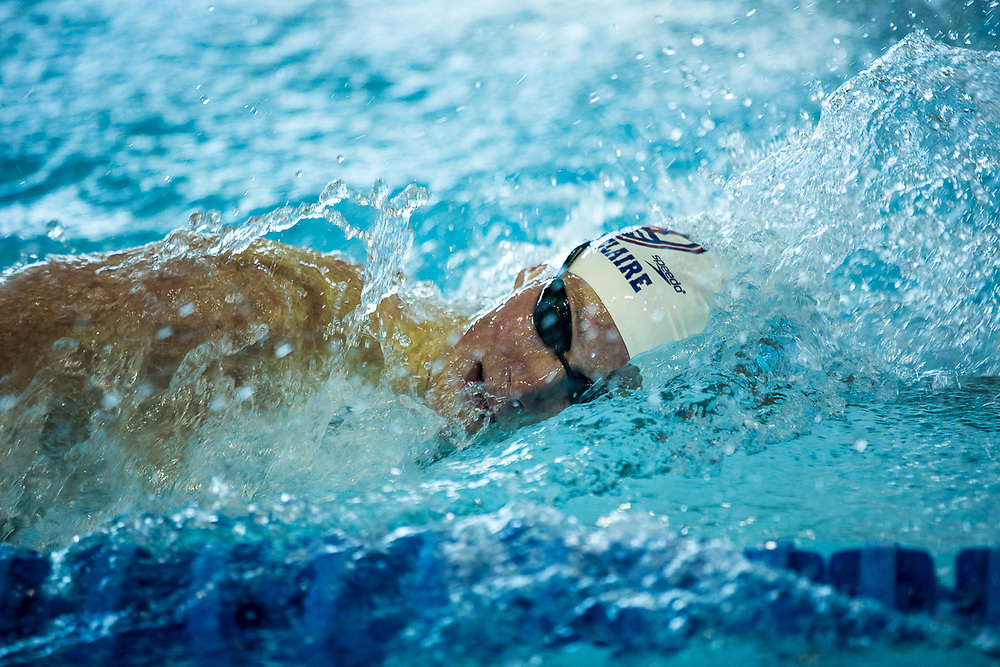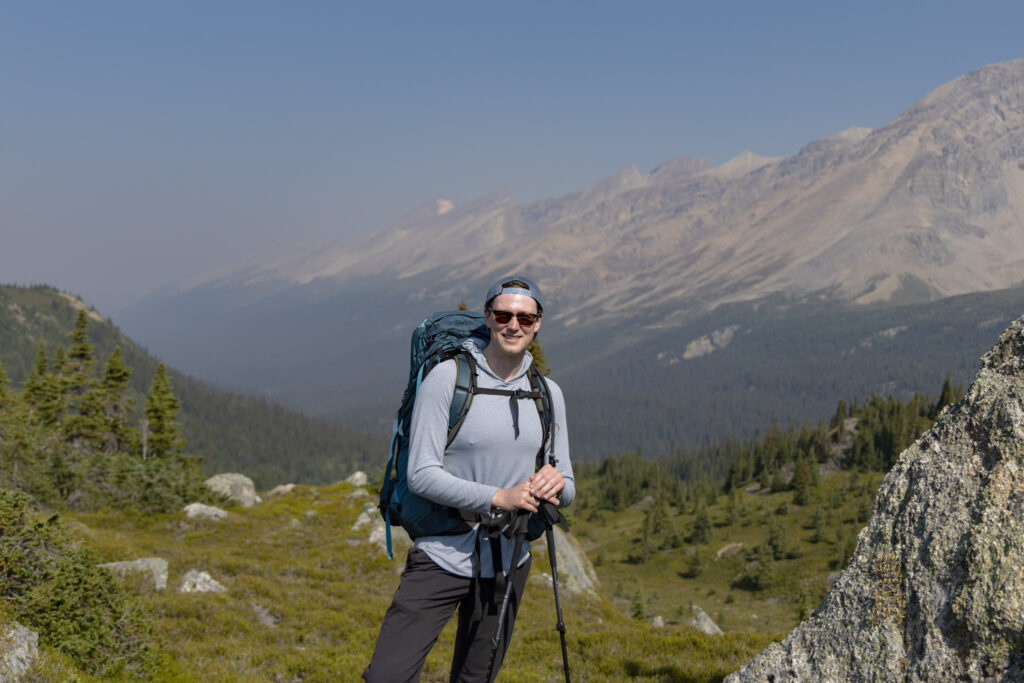
A competitive swimmer who had his sights set on the Olympics before his dreams were altered due to a rare disease is the newest director on RhPAP’s board.
Alexandre Grant becomes the first medical student to join RhPAP’s 10-member board of directors.
Grant was diagnosed with Guillain-Barré Syndrome (GBS) when he was 20 years old and spent several months in a Montreal hospital and rehabilitation centre.
It was then that his aspirations to become a physician became clear.
“After that experience, I really felt like I wanted to provide care the same way that I had received and make a difference in people’s lives.
“Funny enough, it’s also, in a way, what brought me to RhPAP,” explains the third year University of Alberta medical student.
Giving back became his passion and his work with the GBS/CIDP (Chronic Inflammatory Demyelinating Polyneuropathy) Foundation of Canada exposed him to community-oriented activities and the value of government policy working to address healthcare needs.
“I don’t think working with government and policy is taught much in the medical field. We often focus a lot on the science and the medicine, and obviously that’s important. But all of this exists within political context and practices governed by laws and the society that we live in. And obviously that is intrinsically linked with politics.”
Grant’s introduction to RhPAP began in his second year of medical school when he participated in an RhPAP Let’s Go Rural! Post Secondary Event hosted in the northwestern Alberta region of Smoky River.
“That was probably the thing that really sparked my interest in rural medicine,” says Grant, who was born and raised in Montreal and originally planned to become a specialist in a large city.
“Prior to the Smoky River event, I never considered potentially practising in a rural setting,” he admits.
“It’s impressive seeing nurses who have worked in the community their entire life who are so knowledgeable and are really committed to providing great care there.
“They are committed to the community, they are knowledgeable, they are highly experienced, and highly trained and they are able to care for patients just as well as in the city.”
Visiting rural also gave him an opportunity to experience “the sort of small-town, close-knit community atmosphere, the type of medicine that you get to practise there, and the closeness that you have to the people that you care for and the relationships that you develop with them.
“I think that reveals my own bias that I had about rural medicine. That is exactly why it is important to get people out of the city and into rural settings so that you can really see it for yourself and have those biases challenged.”

— Photo by Jacob Dunn
He draws a comparison with rare disease patients and rural community healthcare.
“These are two populations that are sometimes underserved in the healthcare system,” he explains, noting systematic challenges occur within both groups in accessing basic care, specialists, medications, and other needs.
He appreciates the impact even one healthcare professional can have on a rural community both from a health and economic standpoint. The 27-year-old aims to be influential in healthcare himself.
In the meantime, Grant continues to swim recreationally and pursue other outdoor activities in his spare time as he builds on his medical career and healthcare advocacy.
More rural exposure is in the works as he heads to Rocky Mountain House in January to do rural family medicine training followed by two months in Fort McMurray for obstetrics and gynecology. During training, he will access free accommodation provided by RhPAP for medical students.
“I’m still deciding where I want to practice, but it’s shown me the importance of a really strong healthcare system, not just in our big cities, but in rural areas as well.”
